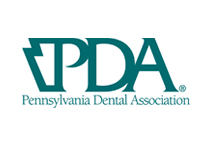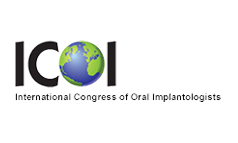Facial piercings have grown in popularity in recent years. Nowadays, you might even see people with lip or nose piercings in professional situations. While piercings are a completely acceptable form of self-expression, it is critical to examine the effects they may have on your body before obtaining one. The American Dental Association (ADA) warns that piercings around the mouth can cause a variety of problems for persons who have them. More information about oral piercings from the ADS team:
What Effects Do Piercings Have on Oral Health?
You may suffer swelling and soreness at the piercing site immediately after obtaining an oral piercing. While the swelling normally subsides within a week, the dangers of oral piercings do not end there. For starters, there is a larger risk of infection with oral piercings than with many other piercings. There may also be a longer-term effect.
Any piercing with an inside component has the potential to cause injury over time. The metal post of the piercing, as well as the backing that holds it in place, have the potential to chip or create early wear on your teeth.
They are also harmful to the soft tissue of the gums, leading to gum recession, gum disease, and even tooth loss.
The Most Common Piercings That Can Affect Oral Health
Any piercing in the mouth, whether a stud, ring, or another sort of jewelry, has the potential to produce oral health problems in the future. This includes the following:
- Pierced tongues
- Piercings on the lips
- Piercings in the labret (centered under the lower lip)
- Pierced cheeks
- Pierced Madonna/Monroe (offset above the upper lip)
- Pierced Medusa (centered above the upper lip)
While these are the most common oral piercings that can harm your teeth and gums, piercers are always inventing new places for piercings. In general, any piercing that comes into touch with your teeth or gums may cause injury.
We hope you have received all the necessary information; for additional information, please visit our blog section or call us at (267) 908-4867.









